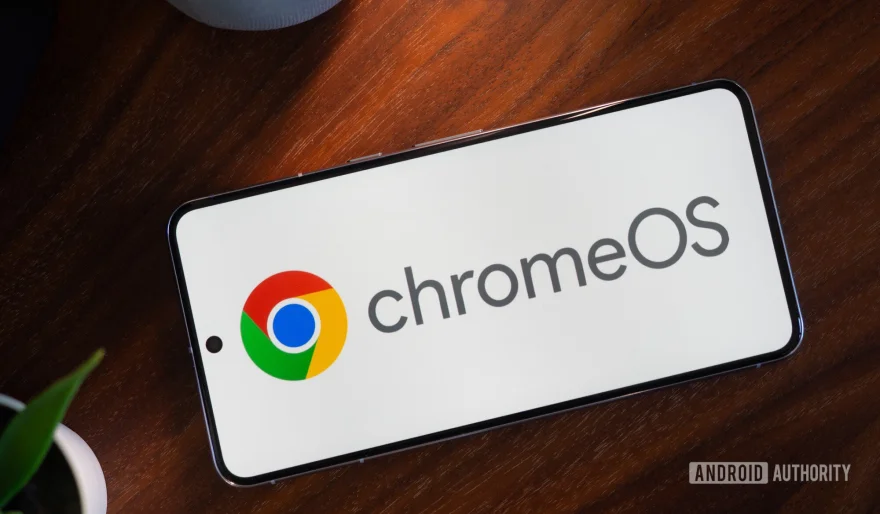Stay Ahead of the Curve
Latest AI news, expert analysis, bold opinions, and key trends — delivered to your inbox.
Google is integrating more Android features into ChromeOS
4 min read Google announced a significant change to ChromeOS, merging core Android components to enhance AI and compatibility with Android devices, yet this raises concerns about ChromeOS's distinctiveness. June 13, 2024 06:57
Google recently announced a major shift for ChromeOS. They're planning to incorporate key parts of the Android stack, including the Linux kernel and frameworks, into the foundation of ChromeOS. This move has sparked a flurry of questions: is it a step towards a more unified user experience or a potential loss of ChromeOS's distinct identity?
Why the Android Embrace?
Here are the reasons Google might be giving ChromeOS an Android makeover:
- Faster AI Integration: By adopting the Android framework, Google aims to accelerate the rollout of AI features powered by their Gemini AI model to Chromebooks. This could make Chromebooks smarter and more helpful.
- Improved App Compatibility: The Android integration might streamline compatibility with the vast library of Android apps, giving Chromebook users a wider range of options.
- Simplified Development: A unified codebase could potentially streamline development efforts for both ChromeOS and Android, leading to faster innovation.
Potential Benefits for Users:
If Google executes this transition smoothly, Chromebook users might experience several advantages:
- Enhanced Functionality: With Gemini AI on board, Chromebooks could become more intuitive and capable, offering features like smarter voice assistants and improved image recognition.
- Wider App Selection: A larger pool of compatible Android apps could open doors for new workflows and functionalities on Chromebooks.
- A More Streamlined Experience: A unified codebase could potentially lead to a more consistent user experience across Chromebooks, phones, and other Android devices.
Cause for Concern?
However, some users are expressing concerns about this shift:
- Loss of ChromeOS Identity: ChromeOS has carved a niche for itself with its focus on simplicity and security. An influx of Android features might dilute this unique identity.
- Potential Performance Issues: Chromebooks are known for their lightweight nature. Adding complex Android frameworks could impact performance on some devices.
- User Confusion: A blend of ChromeOS and Android features could lead to a confusing user experience for those accustomed to the distinct interfaces of each platform.
The Road Ahead
Google assures users that the transition will be gradual and prioritize a seamless user experience. Only time will tell how this melding of ChromeOS and Android plays out. Here are some possibilities for the future:
- Convergence or Coexistence? It's unclear if this is a step towards a single, unified platform or a way for ChromeOS and Android to coexist more harmoniously.
- The Future of Chromebooks: The success of this integration will determine the future direction of Chromebooks. Will they retain their core identity or become more Android-like?
Overall, Google's decision to integrate Android with ChromeOS is a bold move. While it has the potential to unlock exciting possibilities, it also carries the risk of compromising what makes ChromeOS unique. The implementation and user feedback will be crucial in determining the ultimate success of this symbiotic experiment.



















 AI Agents
AI Agents